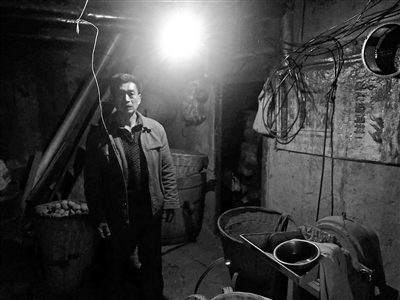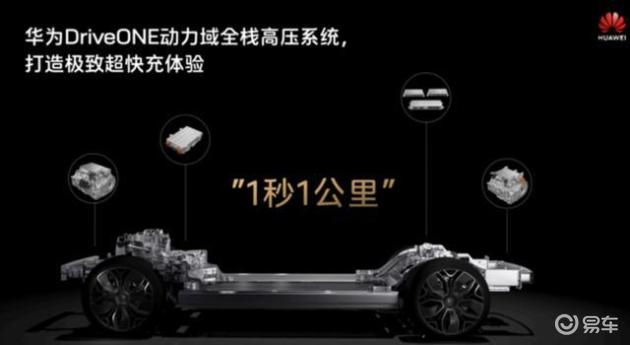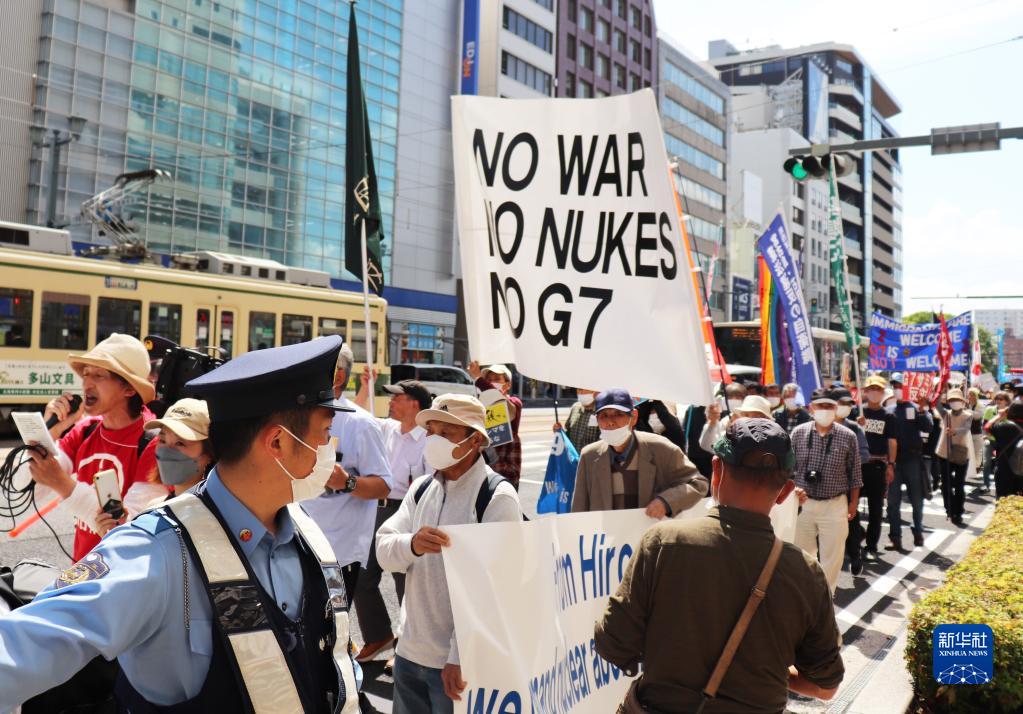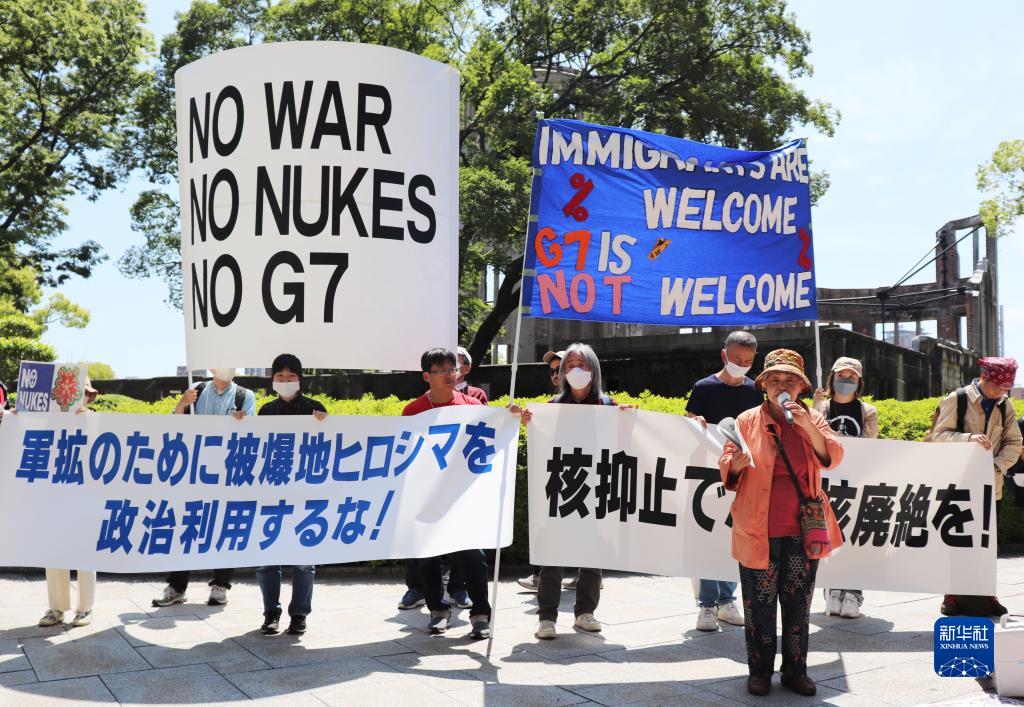Guiyang, October 22 (Reporter Zhu Yansheng) "It used to be a wasteland, and no one wanted to come over. Now that the park has been built, real estate has come in and the land has fully realized its value. " Long Bang Mei, director of the Ecological Civilization Construction Bureau of qingzhen city, Guiyang, and director of the Soil Department of Guizhou Provincial Environmental Protection Department, pointed to the comparison chart before and after the demonstration project of comprehensive treatment of mercury pollution in qingzhen city, qingzhen city Hongfeng Ecological Sports Park, Guiyang (hereinafter referred to as "Sports Park"), and was filled with emotion.

Sports Park is located in Qinglong Village, Xinling Community, qingzhen city. There is also a piece of cultivated land polluted by mercury in the park. "It looks no different from ordinary crops. In fact, all mercury is detected by instruments." Long Bangmei said that the crops planted in this land will not be eaten or sold, just to warn people who come to the environmental protection park not to forget history.
"Time Bomb" in "Mud Field"
"Soil pollution control is very different from water pollution and air pollution control. First of all, the soil is relatively solidified. If people don’t enter this area, or don’t eat the fleshy food on it, it may not be greatly affected, "said Zhang Weiwei, head of the environmental supervision office of qingzhen city, Guiyang, but it is always like a" time bomb ".I don’t know that something will go wrong that day.
In 1960s, the Minamata disease incident in Japan caused a sensation in the world. The reason was that chemical plants discharged untreated mercury-containing wastewater into Minamata Bay, and heavy metal mercury entered the food chain, which led to limb paralysis, mental disorder, body bending or death. Therefore, this incident became one of the eight public hazards in the world.

In the 1970s, the former Guizhou Crystal Organic (Group) Co., Ltd. (hereinafter referred to as "Crystal Company") used mercury as catalyst to synthesize acetic acid. During the 17-year production, a large amount of untreated mercury-containing wastewater was discharged to the outside world, resulting in mercury pollution in the soil along the right second tributary of Dongmen River in Qinglong Village.
According to the investigation of Guizhou Academy of Environmental Sciences, the area polluted by mercury in Qinglong Village is about 560 mu, and the total mercury content ranges from 0.3 to 810.0mg/kg. Among them, 20 mu is heavily polluted, 343 mu is moderately polluted and 197 mu is lightly polluted.
"In the past, our feet were actually a muddy field. When it rains, we can only wear water boots here." Long Bang Mei pointed to the plastic runway at her feet and described the scene of the sports park before the restoration.
"When the mercury in the soil enters the river through rainwater, a methylation reaction occurs, and if humans touch it, they will be poisoned by mercury." Zhang Weiwei said: "Because the water in this river area will eventually enter the drinking water source area of Baihua Lake, if pollution cannot be completely controlled, it will bring great ecological and environmental risks."
"Dare to eat crabs" covers the soil for 3 meters to seal up the contaminated soil.
In 1997, Crystal Company was forbidden to use mercury catalyst process to synthesize acetic acid. After the market change, the competitiveness of enterprises declined, and it went downhill after 2003. Crystal Company went bankrupt, unable to bear the cost of restoration and governance, and the governance task fell on the shoulders of local party committees and governments.
However, at that time, there were no mature standards and reference cases for mercury pollution control and repair at home and abroad. At the beginning of 2015, Guizhou Academy of Environmental Sciences undertook the remediation technology, using low-temperature pyrolysis technology to extract heavy metal mercury from soil, but the cost of treating each ton of polluted sludge was nearly 800 yuan/ton.
Zhang Wei said, "According to this calculation, it is necessary to repair and control farmland soil, and the cost is not enough. Moreover, the mercury content in the sediment after low-temperature pyrolysis is still far higher than the third-grade standard of soil, and the treatment effect cannot completely remove mercury."
In order to make the remediation plan safer, in 2016, qingzhen city consulted the Institute of Geochemistry of Chinese Academy of Sciences, Guizhou Institute of Environmental Sciences and other scientific research units for many times, and repeatedly studied the key core of mercury pollution characteristics, pollution risks, sources and destinations, which directly affected the ecological benefits. After nine expert demonstrations, it finally decided to adopt the principle of "no migration, no diffusion and risk control" and adopt the technical path of "covering soil+phytoremediation" for remediation.
In February 2017, the Environmental Protection Department of Guizhou Province organized experts to review the implementation plan of the project, and determined the treatment technical path of "covering soil+phytoremediation", and simultaneously built an eco-environmental park to achieve the effect of restoration and treatment.
Long Bangmei said that the Institute of Geochemistry, China Academy of Sciences believes that covering 5 cm thick pure soil can effectively prevent mercury evaporation. However, in order to ensure that mercury will not be evaporated and washed away by rain, the sports park is covered with about 40,000 square meters of soil, with the shallowest thickness of 1 meter and the deepest depth of 3 meters.
Long Bangmei introduced that a 2-meter-wide and 2.7-kilometer-long barrier wall and ecological barrier were cast with cement along the left second tributary crossing the sports park to prevent mercury-contaminated soil from entering the left second tributary.
According to reports, since the project started construction in March 2017, 570 mu of farmland soil and 3.4 kilometers of rivers have been treated, and 10 innovative explorations have been made to achieve a win-win situation in ecological and economic benefits.
Using 160 million yuan to restore the ecology and incite the output value of 6 billion yuan around.
The hardest hit area once polluted by mercury has now become a beautiful park with clear rivers and green trees. Now, it is autumn, and the red maple in the sports park is everywhere. In the sports park, indoor badminton professional venues, five-a-side football courts, basketball courts and other sports facilities have been built.
At present, there are more than 7,000 trees planted in the sports park, including Photinia rubra, Magnolia grandiflora, Acer truncatum, weeping willow, Cinnamomum camphora, Taxodium ascendens and Populus canadensis, covering 20,000 square meters of ground cover plants to fix the covered soil and prevent rain from washing the soil into the river.
At 10: 00 am on the 22nd, Aunt Zhang, who was practicing Wuqinxi alone in the sports park, lived nearby. Usually, I will come here with my friends to exercise. She said, "Now the environment in the sports park is very reassuring and suitable for fitness."

"Before the park was built, the citizens were scared and afraid to come in." Zhang Weiwei said, "Generally, if mercury does not produce a chemical reaction of methylation, it is unlikely to be poisoned when the human body contacts it." At present, there are dozens of exhibition boards in the environmental protection park to control mercury pollution in the soil for the public. After learning more, the citizens began to recognize the restoration project of the environmental protection park.
Mud fields in the past, today’s ecological park. At the same time of controlling mercury pollution, qingzhen city has built an eco-environmental protection park in situ, giving citizens a new place for leisure and entertainment.
"On May 1 this year, the sports park opened on a trial basis, and it is expected to officially open at the end of this year." Long Bangmei said that the park has been repaired and the value of the surrounding land has also increased.
Long Bang Mei calculated an account for the reporter. The total investment of the sports park is about 160 million yuan, but only according to the lowest price of land development in the market of 1 million yuan per mu, the surrounding real estate projects cover an area of about 6,000 mu, which is equivalent to the investment of 160 million yuan, inciting the output value of 6 billion yuan.
Through practice, qingzhen city has found a reasonable scheme for mercury pollution control, which has achieved a win-win situation in both ecological and economic benefits and provided a "clean town sample" for mercury pollution control.
Now qingzhen city is also preparing to build the park into a national demonstration site for heavy metal pollution control, as well as a study and visit site for environmental public education in Guizhou Province, a study and demonstration site for environmental protection in primary and secondary schools in Guizhou Province, and a demonstration site for green development education in Guizhou Province.





























